IPPC/FAO RELEASE GUIDELINES
- 26/11/2021
- Posted by: Sandra Borma
- Category: Angola, Cameroon, Caribbean, Ethiopia, Gambia, Ghana, Kenya, Mauritius, News, Nigeria, Pacific, Rwanda, Sierra Leone, Tanzania, Uganda, Zimbabwe
No Comments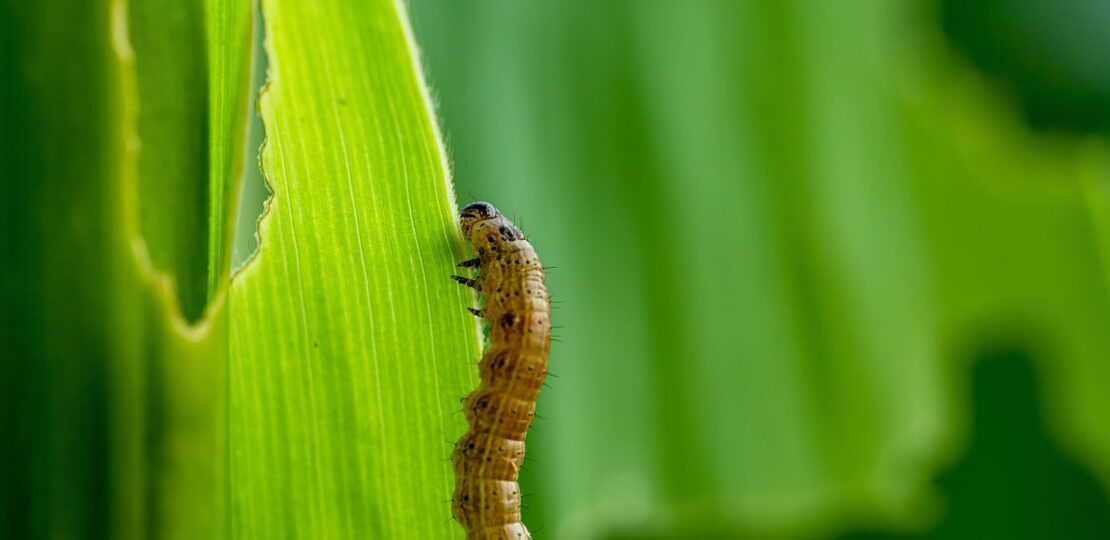 On 18 November the International Plant Protection Convention (IPPC) Secretariat and the Food and Agriculture Organization (FAO) released new guidelines on fall armyworm (FAW): “Prevention, preparedness and response guidelines for Spodoptera frugiperda“. Fall armyworm is affecting plant health in more than 70 countries, with many others at high risk of introduction. The guidelines offer globally harmonized measures and actions that countries can take to minimise the spread of the pest and protect their territories. It is a transboundary pest that… +
On 18 November the International Plant Protection Convention (IPPC) Secretariat and the Food and Agriculture Organization (FAO) released new guidelines on fall armyworm (FAW): “Prevention, preparedness and response guidelines for Spodoptera frugiperda“. Fall armyworm is affecting plant health in more than 70 countries, with many others at high risk of introduction. The guidelines offer globally harmonized measures and actions that countries can take to minimise the spread of the pest and protect their territories. It is a transboundary pest that… +News digest: Agri-food markets and production
- 20/09/2021
- Posted by: Gaetan Dermien
- Category: Africa, Apples, Avocados, Bananas, Berries, Caribbean, Cherries, Citrus fruits, Ginger, Mangoes, News, Onions, Pacific, Papayas, Pineapples, Tomatoes, Watermelons
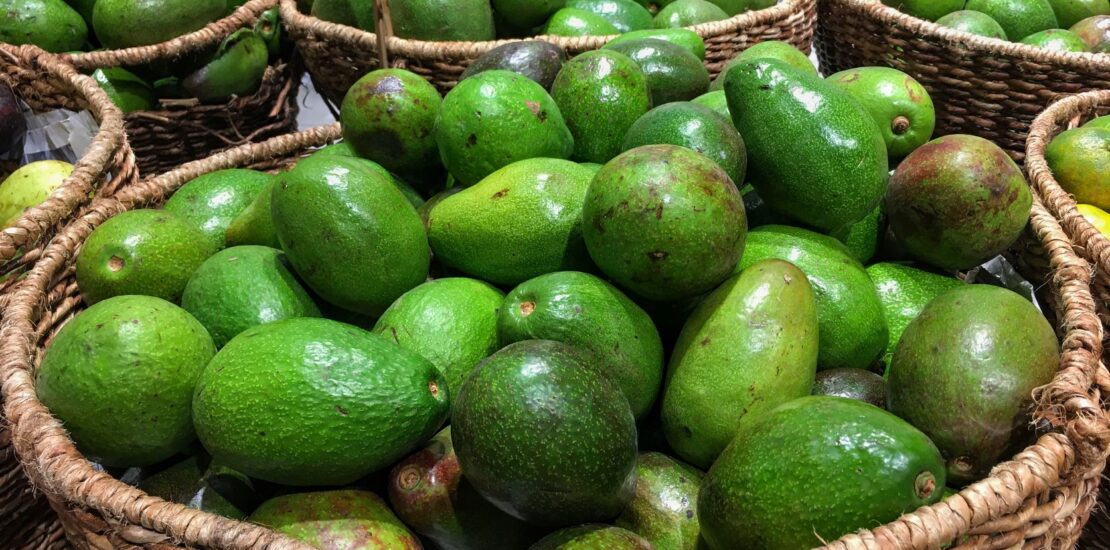 AFRICA Réunion Island vanilla gets EU Protected Geographical Indication Vanilla from Réunion Island has just been registered by the European Commission in the register of Protected Geographical Indications (PGI). Its reputation is based on its unique aromatic bouquet, the result of the plant’s perfect acclimatisation on the volcanic slopes of the east of the island and the know-how developed by the people of Reunion. Source: Commodafrica, 30 August 2021 Opportunities for Ethiopian avocados “Ethiopia has huge potential in avocados” says… +
AFRICA Réunion Island vanilla gets EU Protected Geographical Indication Vanilla from Réunion Island has just been registered by the European Commission in the register of Protected Geographical Indications (PGI). Its reputation is based on its unique aromatic bouquet, the result of the plant’s perfect acclimatisation on the volcanic slopes of the east of the island and the know-how developed by the people of Reunion. Source: Commodafrica, 30 August 2021 Opportunities for Ethiopian avocados “Ethiopia has huge potential in avocados” says… +News digest: Agri-food markets and production
- 31/05/2021
- Posted by: Gaetan Dermien
- Category: Africa, Angola, Avocados, Bananas, Belize, Burkina Faso, Cameroon, Caribbean, Citrus fruits, France, Germany, Ginger, Jamaica, Kenya, Malawi, Mangoes, Netherlands, News, Pacific, Peaches, South Africa, Spain, Sweet potatoes, Tanzania, Zimbabwe
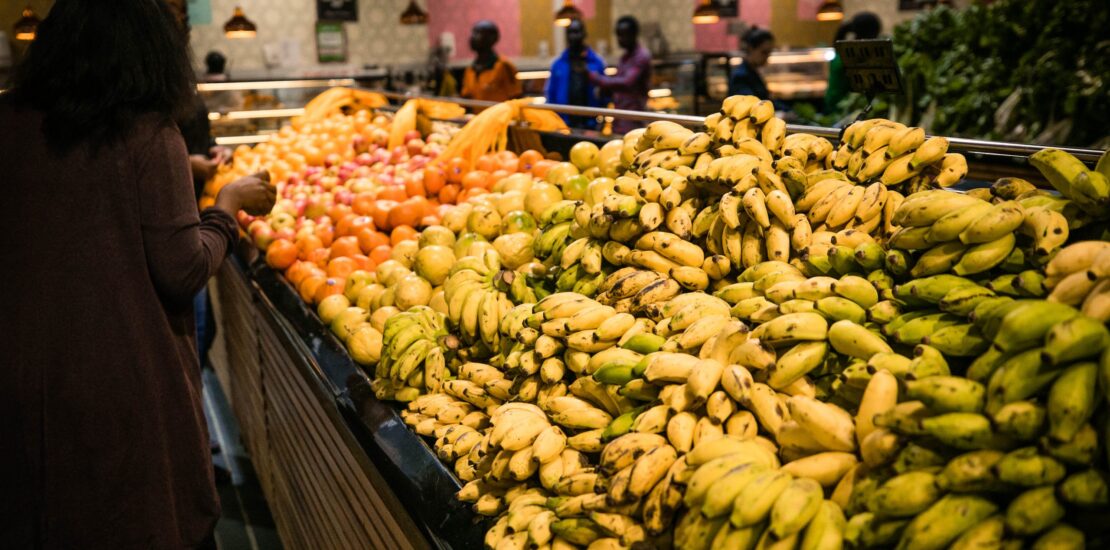 GLOBAL GlobalG.A.P. launches consumer label for fruit and vegetables GlobalG.A.P. has unveiled its new consumer label for fruit and vegetables, GGN Certified Agriculture, to help foster trust between sustainable brands and consumers. GLOBALG.A.P. introduced the GGN label 5 years ago, firstly for aquaculture products, followed by floriculture products in 2017. Now fruit and vegetables are also included. All products with the GGN label come from a farm whose production process has been independently certified according to international GLOBALG.A.P. standards or… +
GLOBAL GlobalG.A.P. launches consumer label for fruit and vegetables GlobalG.A.P. has unveiled its new consumer label for fruit and vegetables, GGN Certified Agriculture, to help foster trust between sustainable brands and consumers. GLOBALG.A.P. introduced the GGN label 5 years ago, firstly for aquaculture products, followed by floriculture products in 2017. Now fruit and vegetables are also included. All products with the GGN label come from a farm whose production process has been independently certified according to international GLOBALG.A.P. standards or… +Suriname: Capacity building bears fruit
- 26/04/2021
- Posted by: Gaetan Dermien
- Category: Caribbean, News, Suriname
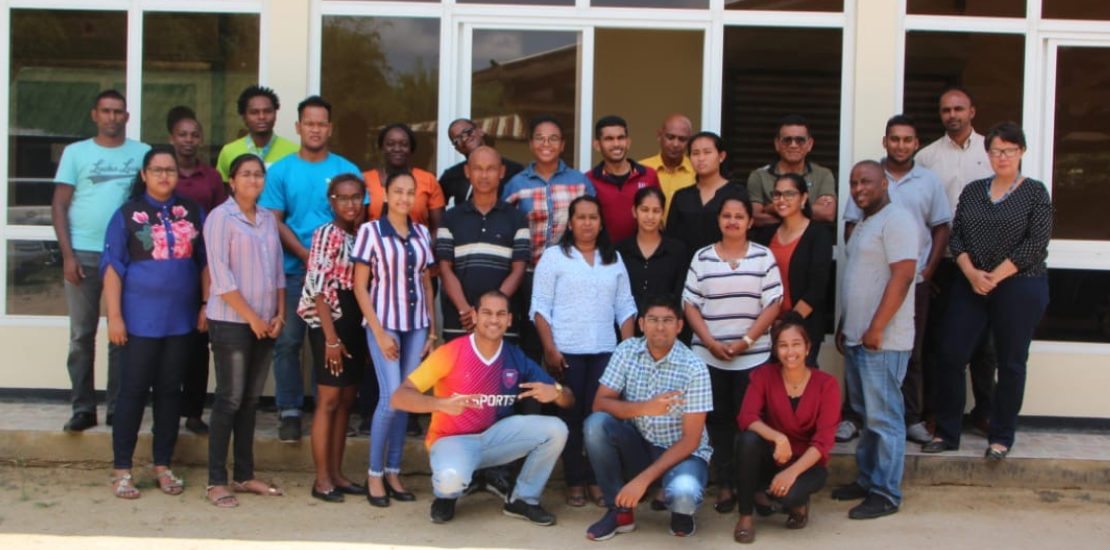 Ministry extension staff (group 2) trained in the COLEACP Field Training Workshop method Training-of-trainers on safe use of pesticides, crop protection and Field Training Workshops for extension workers and researchers of MAAHF Suriname In Suriname, the primary support to famers is provided through the extension services of the Agriculture sub-directorate of the Ministry of Agriculture, Animal Husbandry and Fisheries (MAAHF). A need was identified for Ministry extension staff to receiving training in COLEACP’s Field Training Workshop method to upgrade their… +
Ministry extension staff (group 2) trained in the COLEACP Field Training Workshop method Training-of-trainers on safe use of pesticides, crop protection and Field Training Workshops for extension workers and researchers of MAAHF Suriname In Suriname, the primary support to famers is provided through the extension services of the Agriculture sub-directorate of the Ministry of Agriculture, Animal Husbandry and Fisheries (MAAHF). A need was identified for Ministry extension staff to receiving training in COLEACP’s Field Training Workshop method to upgrade their… +Training in the new Rapid SPS Assessment Tool (R-SAT)
- 17/03/2021
- Posted by: Gaetan Dermien
- Category: Africa, Caribbean, News, Pacific
 Two online R-SAT training sessions took place in February and early March, each for nine experts – in English for participants from the Caribbean Agricultural Health and Food Safety Agency (CAHFSA), the Dominican Republic, Ghana, Kenya, Nigeria, Uganda and Zimbabwe; and in French for experts from Cameroon, Benin, Burkina Faso, Burundi, Côte d’Ivoire, Guinea, Madagascar, Senegal and Togo. Experts’ feedback will inform the final version of the tool, and the training will be followed by the use of R-SAT in… +
Two online R-SAT training sessions took place in February and early March, each for nine experts – in English for participants from the Caribbean Agricultural Health and Food Safety Agency (CAHFSA), the Dominican Republic, Ghana, Kenya, Nigeria, Uganda and Zimbabwe; and in French for experts from Cameroon, Benin, Burkina Faso, Burundi, Côte d’Ivoire, Guinea, Madagascar, Senegal and Togo. Experts’ feedback will inform the final version of the tool, and the training will be followed by the use of R-SAT in… +15th Commission on Phytosanitary Measures in March/April
- 17/03/2021
- Posted by: Gaetan Dermien
- Category: Africa, Caribbean, News, Pacific
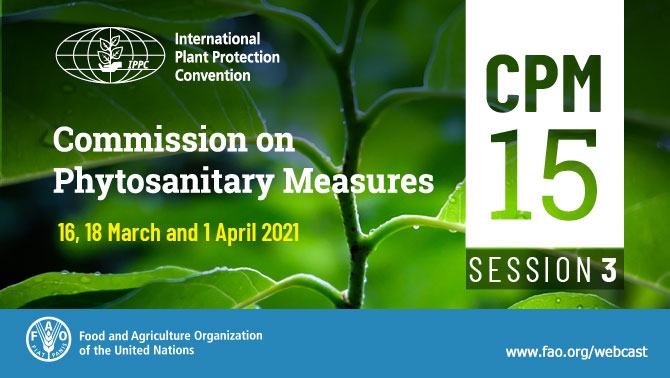 The 15th Session of the Commission on Phytosanitary Measures (CPM-15) will be held on 16 and 18 March, and on 1 April 2021, in virtual format. The agenda includes standard-setting, capacity-building, communication, ePhyto, and the CPM recommendations. These agenda items are of critical importance to the functioning of National Plant Protection Organisations (NPPOs), and COLEACP encourages the participation of ACP countries. For contracting parties to the International Plant Protection Convention (IPPC), registration is via the FAO Members Gateway. Those who… +
The 15th Session of the Commission on Phytosanitary Measures (CPM-15) will be held on 16 and 18 March, and on 1 April 2021, in virtual format. The agenda includes standard-setting, capacity-building, communication, ePhyto, and the CPM recommendations. These agenda items are of critical importance to the functioning of National Plant Protection Organisations (NPPOs), and COLEACP encourages the participation of ACP countries. For contracting parties to the International Plant Protection Convention (IPPC), registration is via the FAO Members Gateway. Those who… +New COLEACP Rapid SPS Assessment Tool – promoting dialogue and engagement
- 09/02/2021
- Posted by: Gaetan Dermien
- Category: Africa, Caribbean, Pacific
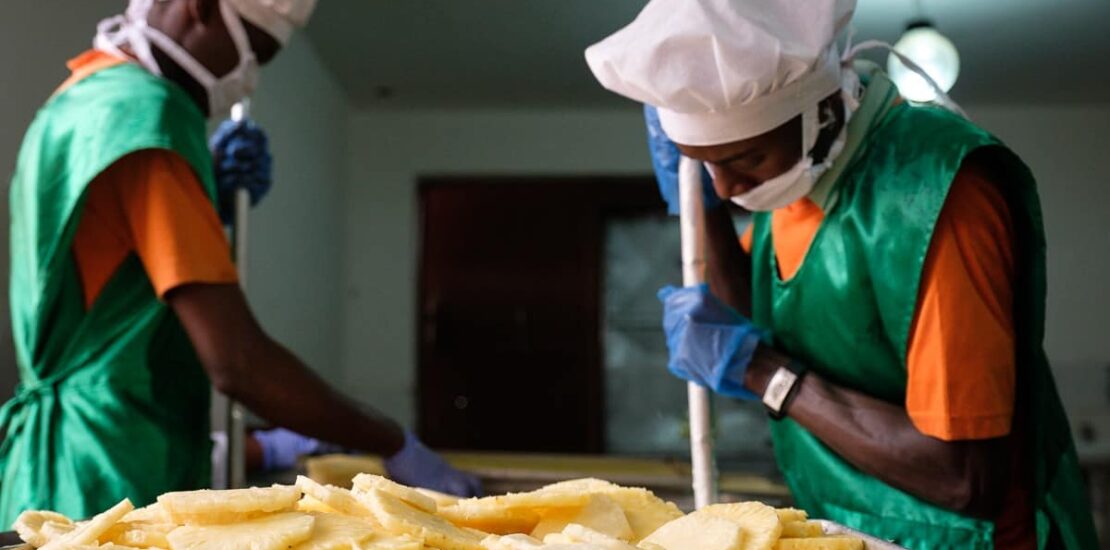 COLEACP’s new Rapid SPS Assessment Tool (R-SAT) provides an integrative change management model to help competent authorities in ACP countries assess their national sanitary and phytosanitary (SPS) systems. At the heart of the model is the facilitation of dialogue and engagement between the key stakeholders, both public and private. In the final stage of developing R-SAT, online training sessions are taking place with SPS experts: one in English in the second half of February, and one in French in the… +
COLEACP’s new Rapid SPS Assessment Tool (R-SAT) provides an integrative change management model to help competent authorities in ACP countries assess their national sanitary and phytosanitary (SPS) systems. At the heart of the model is the facilitation of dialogue and engagement between the key stakeholders, both public and private. In the final stage of developing R-SAT, online training sessions are taking place with SPS experts: one in English in the second half of February, and one in French in the… +Desert Locust situation
- 05/05/2020
- Posted by: Gaetan Dermien
- Category: Africa, News
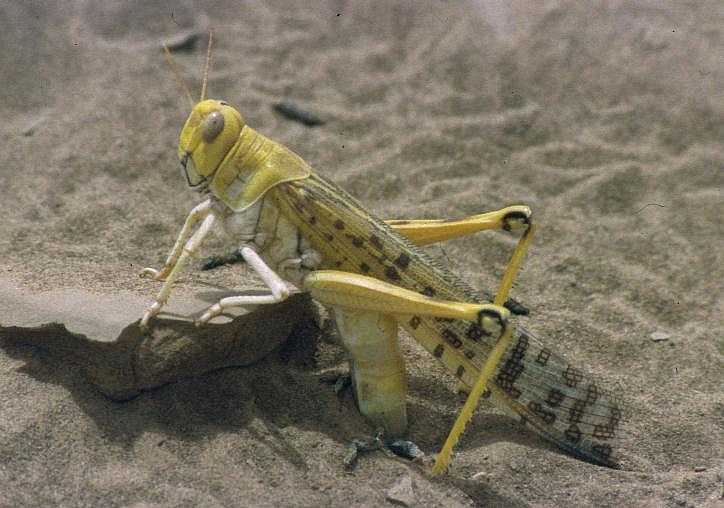 As we all focus on COVID-19, it’s important not to lose sight of other critical issues facing the sector. Of particular concern is the locust crisis in Africa; the forecast is worrying and FAO warns that the impact on food security in the next few months could be devastating. According to the FAO Locust Watch update, the situation in the Horn of Africa remains extremely serious. In Kenya, a new generation of locusts is developing. More eggs will hatch and… +
As we all focus on COVID-19, it’s important not to lose sight of other critical issues facing the sector. Of particular concern is the locust crisis in Africa; the forecast is worrying and FAO warns that the impact on food security in the next few months could be devastating. According to the FAO Locust Watch update, the situation in the Horn of Africa remains extremely serious. In Kenya, a new generation of locusts is developing. More eggs will hatch and… +FAO’s information bank
- 24/04/2020
- Posted by: Gaetan Dermien
- Category: Africa, Caribbean, News, Pacific
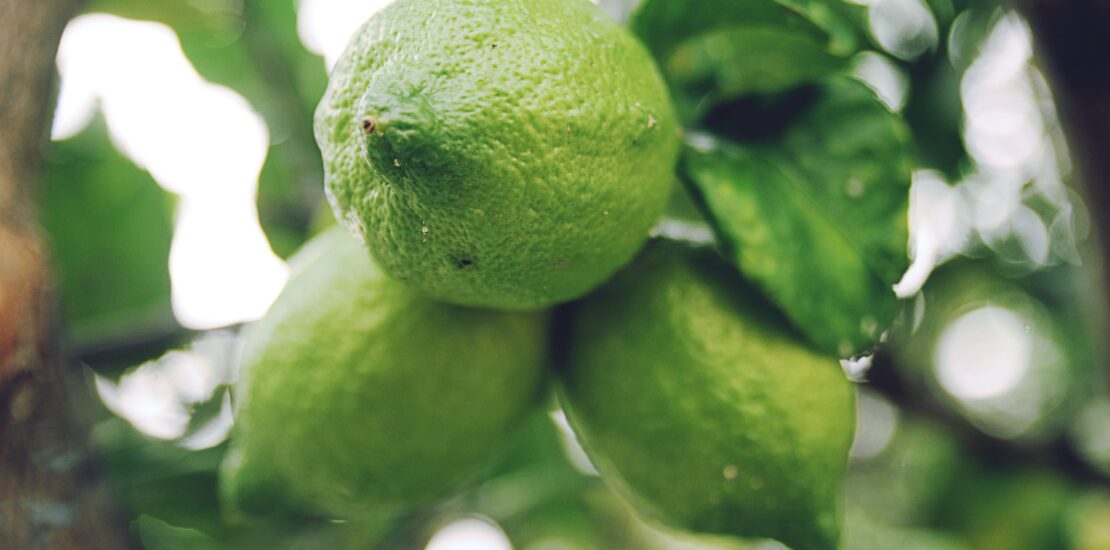 FAO is has a growing range of information resources on COVID-19, available through its dedicated website. Selected information of particular relevance to COLEACP’s members and beneficiaries includes: POLICY BRIEF on COVID-19 and smallholder producers’ access to markets. Immediate impacts tend to be more severe for high-value commodities (perishable products), which are often produced by smallholder farmers. Several countries are putting in place a variety of measures to mitigate the impact of the pandemic on smallholder producers. This brief builds on… +
FAO is has a growing range of information resources on COVID-19, available through its dedicated website. Selected information of particular relevance to COLEACP’s members and beneficiaries includes: POLICY BRIEF on COVID-19 and smallholder producers’ access to markets. Immediate impacts tend to be more severe for high-value commodities (perishable products), which are often produced by smallholder farmers. Several countries are putting in place a variety of measures to mitigate the impact of the pandemic on smallholder producers. This brief builds on… +East Africa: COVID-19 hampers fight against locusts as threat grows
- 17/04/2020
- Posted by: Gaetan Dermien
- Category: Africa, News
 A predicted second wave of desert locusts in East Africa will cause major food security problems for countries already struggling against the coronavirus lockdown – and COVID-19 is also directly disrupting the battle against the locusts. According to Al Jazeera (9 April), flight bans imposed to slow the spread of COVID-19 have significantly delayed deliveries of pesticides in countries across the region. Vincent Ssempijja, Uganda’s Agriculture Minister, reported that Uganda has deployed more than 2000 military troops to carry out… +
A predicted second wave of desert locusts in East Africa will cause major food security problems for countries already struggling against the coronavirus lockdown – and COVID-19 is also directly disrupting the battle against the locusts. According to Al Jazeera (9 April), flight bans imposed to slow the spread of COVID-19 have significantly delayed deliveries of pesticides in countries across the region. Vincent Ssempijja, Uganda’s Agriculture Minister, reported that Uganda has deployed more than 2000 military troops to carry out… +
